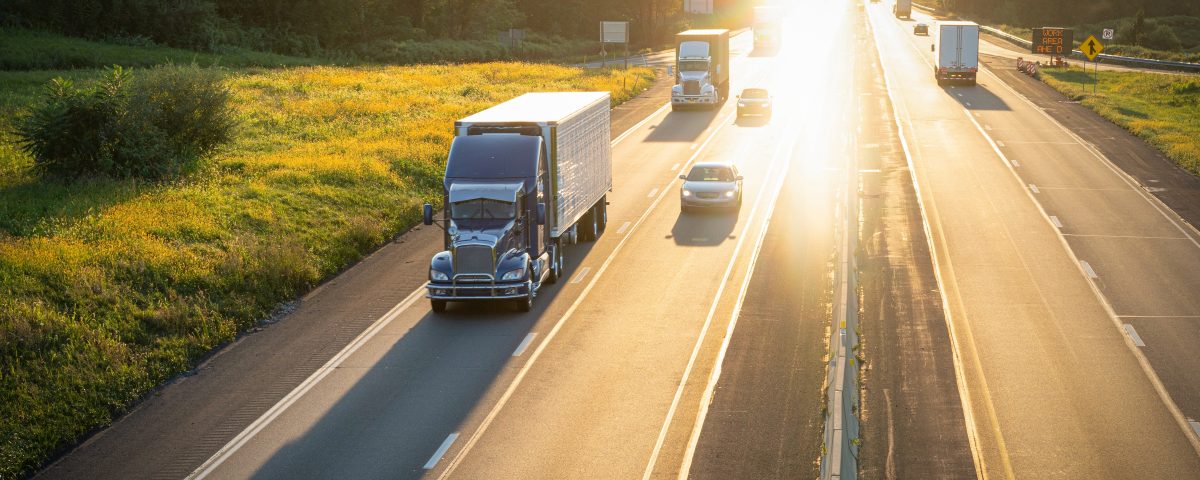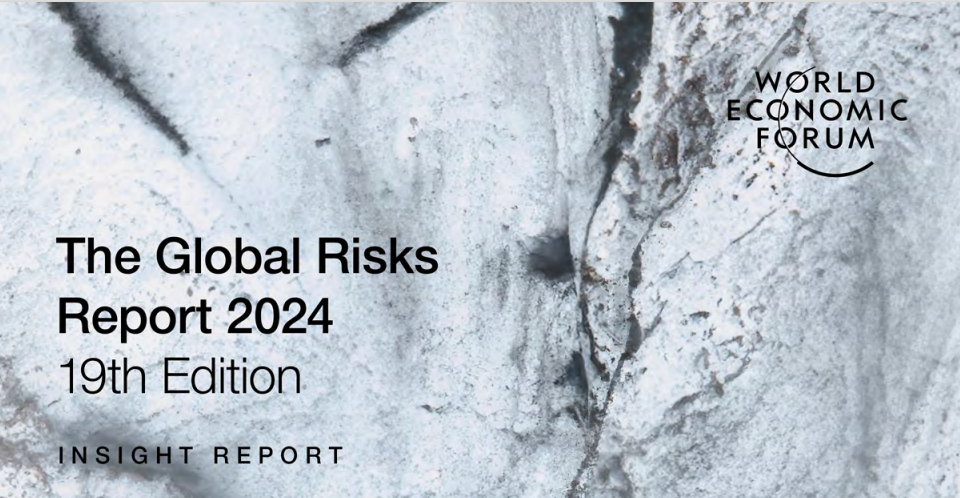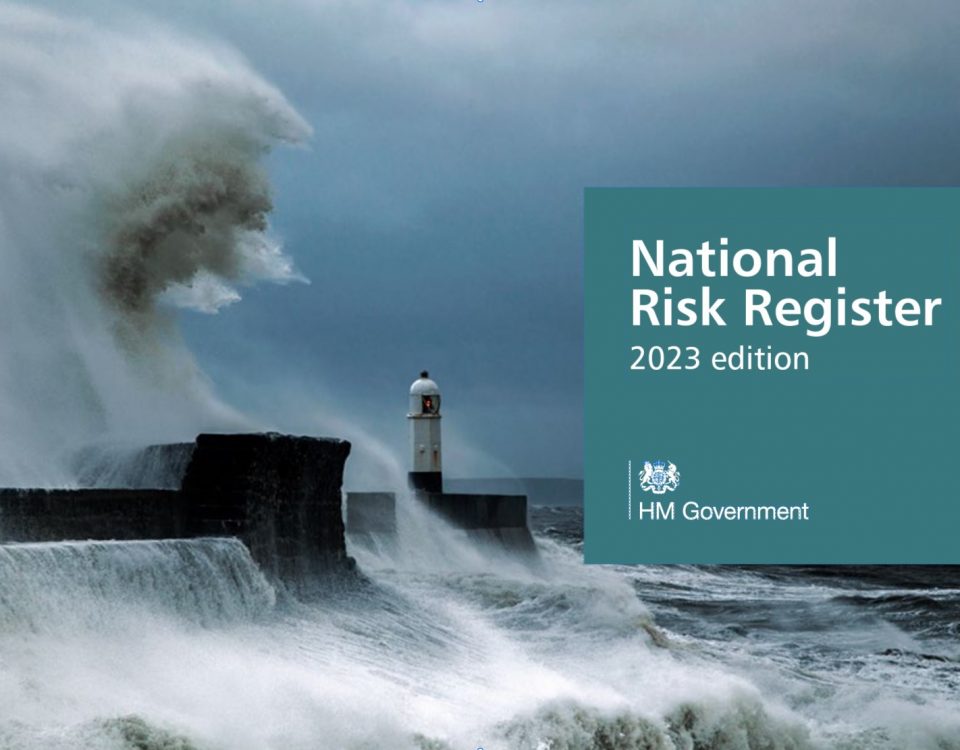Supply Chains Failing

National Preparedness Month
2nd September 2021
Predictions for 2022
11th January 2022Sectors at risk – image taken from original source
The resilience of supply chains is an issue we have thought about a lot at Horizonscan, and one which we have done a great deal of work on (see the top case study on our website, here). But it has also, in recent weeks, become very much a ‘live’ topic in the wider national conversation. At an already difficult time, it risks pushing many firms over the edge.
The present petrol shortages are just one facet of this, with potential shortages in everything from Christmas trees to micro-chips and coffee. A recent article for Sky News outlines the range of products which could potentially be in short supply and the array of industries which are at a particular risk. Meanwhile this piece looks at the US market, describing the key pinch-points.

Some of the issues pre-empting the current supply chain crisis are imposed by national and global events, which even large companies cannot control. No business can ‘legislate for’ the impact of Brexit and COVID-19 on the availability of long haul lorry drivers, for example.
But there are clear steps, taken in advance, which mark out resilient organisations. In the food and beverage sector, for example, an article from last August set out five clear steps which pub and restaurant chains could take, in order to weather the storm. Companies which have these sorts of strategies in place are more likely to be able to mitigate the impact of the turbulence we are currently seeing.
The BCI’s 2021 Supply Chain Resilience Report, published in February, is a particularly important document here – and one which many risk professionals will be turning to at the moment.
Mike Smith, a Senior Consultant at Horizonscan, wrote a little while ago about this. He described the importance of considering the resilience of every organisation in your supply chain.
“The virus has made it clear that potential domino effects could occur if one or two links in supply networks fail,” Mike explained. “However strong your own resilience and scenario-planning is, you are reliant on a web of other organisations having also taken the necessary steps. If they fail, you fail.”
Mike’s work has involved doing precisely this for a large global client, meticulously mapping out the resilience of each link in the chain, and identifying a dashboard of vulnerabilities.
Ultimately, no business is immune to global crises. But every company can work to reduce the impact should the worst happen.
John Benfield, Marketing Manager




